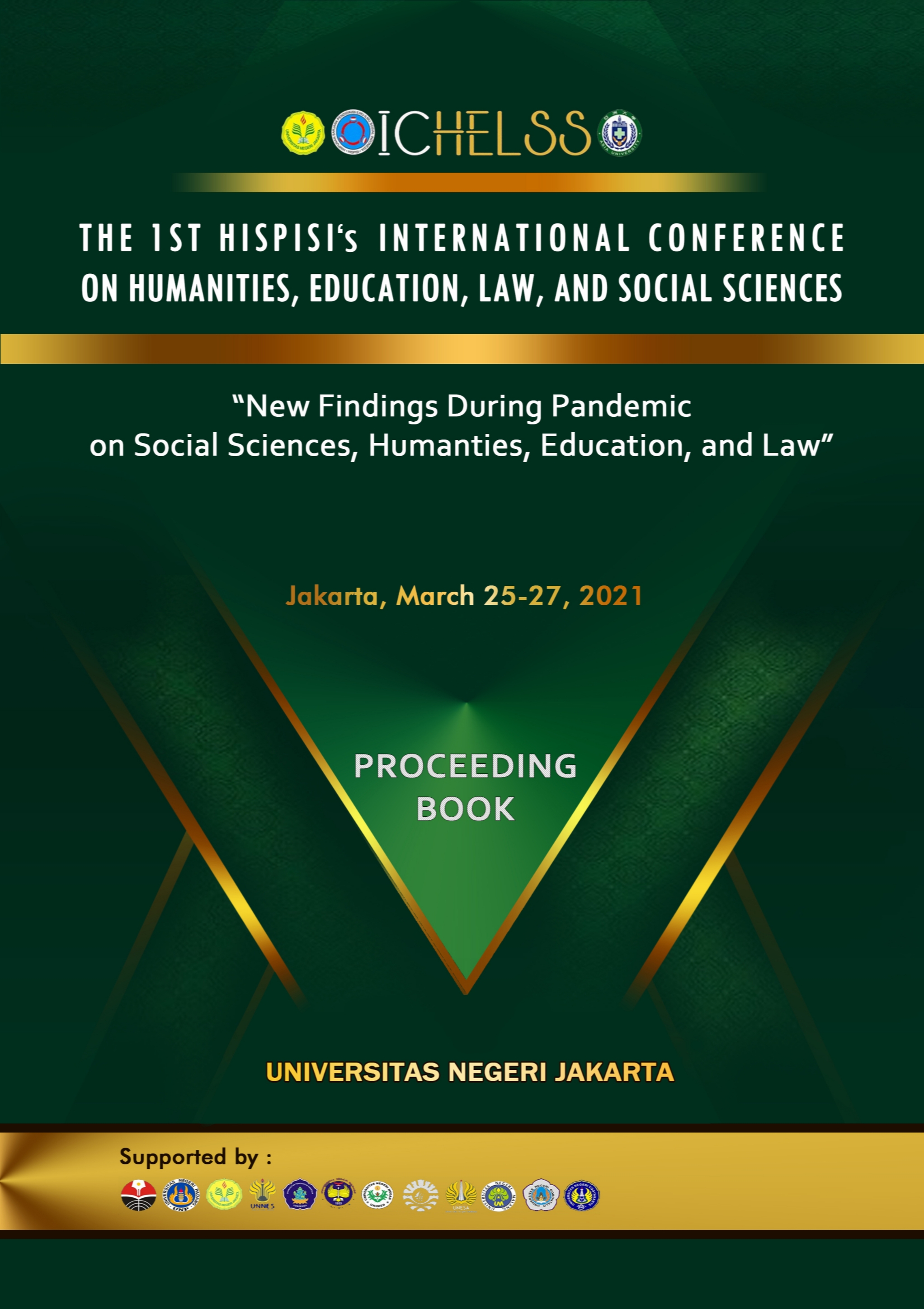Indigenous Counseling and Multiculture Learning at Secondary Schools in 3T Region (Left behind, Frontier, and Outermost) in Indonesia
Abstract
This research was initiated by the region development gap,
especially at the communities in 3T areas. Whereas the aim and direction
of region development policies for underdeveloped areas is to accelerate
the development of disadvantaged areas by enhancing regional
economic development and the quality of human resources supported by
institutions and the availability of infrastructure, economy and basic
services, so that disadvantaged areas can grow and develop more rapidly.
The sampling technique was carried out using purposive sampling
technique and analyzed using quantitative and qualitative approaches.
The findings showed that the learning process of cultural mathematics in
middle schools in the 3T area had not been implemented properly. The
implementation of indigenous counseling for students by introducing
local culture need to be well realized. The availability of human
resources for guidance and counseling teachers is very important, while
the real teachers are limited. Therefore, it is recommended that principals
and schools need to add the needs of counseling teachers. The
cooperation between counseling teachers and mathematics teachers in
the preservation of local culture through counseling


